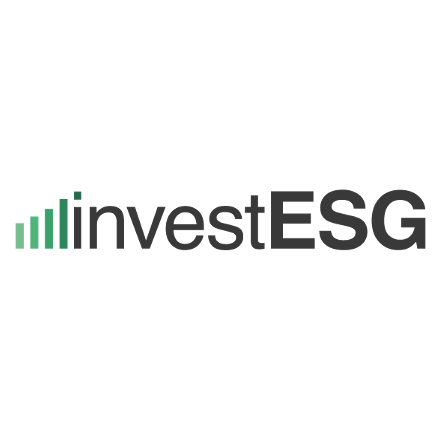

Eric Hespenheide, Chairman of GRI, © GRI
GRI’s CEO reflects on the year’s achievements and the challenges to comeAs 2021 draws to a close, Eric Hespenheide, GRI’s Interim CEO who will depart the organization at the end of this year, explores how the global landscape for sustainability reporting has evolved in 2021. He also looks ahead to what the new year may bring, in terms of GRI’s remit to deliver transparency on the impacts organizations have on the economy, environment and people.The GRI Standards have significantly developed this year. The revised Universal Standards published alongside the first GRI Sector Standard, for oil and gas – while projects are progressing on further Sector Standards for coal, mining, agriculture, aquaculture and fishing, as well as an updated Biodiversity Standard. What do these changes mean for the world’s most wide widely used sustainability reporting standards? “The standard setting process for GRI never stops: directed by the Global Sustainability Standards Board, we continually review the Standards, responding to growing transparency expectations for sustainability impacts. The revised Universal Standards will increase the scope and relevancy of all GRI reporting – from how organizations determine their material topics to delivering the first and only standards to reflect intergovernmental instruments for due diligence and human rights reporting. Our Sector Program is ambitious and wide-ranging and I am delighted we are off to a great start, following the launch of the Oil & Gas Sector Standard, GRI 11. The work to deliver further Sector Standards, starting with those that have the highest impact, will gather pace next year. The update to our Biodiversity Standard, which has already received strong backing for other disclosure initiatives, is timely, given growing concerns about the threats facing species and habitats around the world.”From the European Commission’s commitment to delivering new EU Sustainability Reporting Standards, for which GRI was appointed co-constructor, to the IFRS Foundation’s launch of a sustainability standards board, there are a lot of changes for organizations to be aware of. What can be expected in 2022? “We appreciate that some companies may be concerned by new reporting requirements, yet I’m confident we can drive up quality disclosure without undue reporting burden. We expect the new EU standards to closely align with GRI, as indicated by the European Financial Reporting Advisory Group’s engagement in our update process on biodiversity.The plans by the IFRS to develop investor-focused sustainability disclosures is welcome, as it has the potential to strengthen financial reporting. Alongside sustainability reporting, as enabled by GRI, we need both these pillars to be on an equal footing as part of a robust and consolidated corporate reporting system. In 2022, we will work with all parties to further this aim.”You moved from Chair of the Board to Interim CEO this year, prior to the appointment of Eelco van der Enden as the new GRI CEO from 1 January. As you retire after ten years’ service in various governance and leadership positions, how do you view both your legacy and the future outlook for GRI?“I am deeply honored to have had the opportunity to contribute to GRI’s growth and support the ongoing mission to help organizations to take responsibility for their impacts. This period has seen GRI evolve from providing guidance on sustainability reporting to becoming the globally recognized and leading standard-setter we are today.I am confident that – supported by a first-class team and under Eelco’s new leadership – the building blocks are in place for GRI take on an increasingly influential role, completing the transition from primarily a transparency remit to one that encompasses accountability by organizations for their impacts, ensuring action that advances sustainable development.” investESG.eu is an independent and neutral platform dedicated to generating debate around ESG investing topics. All opinions expressed are those of the author or contributing source.
Published by
 investESG
investESG
 investESG
investESG

